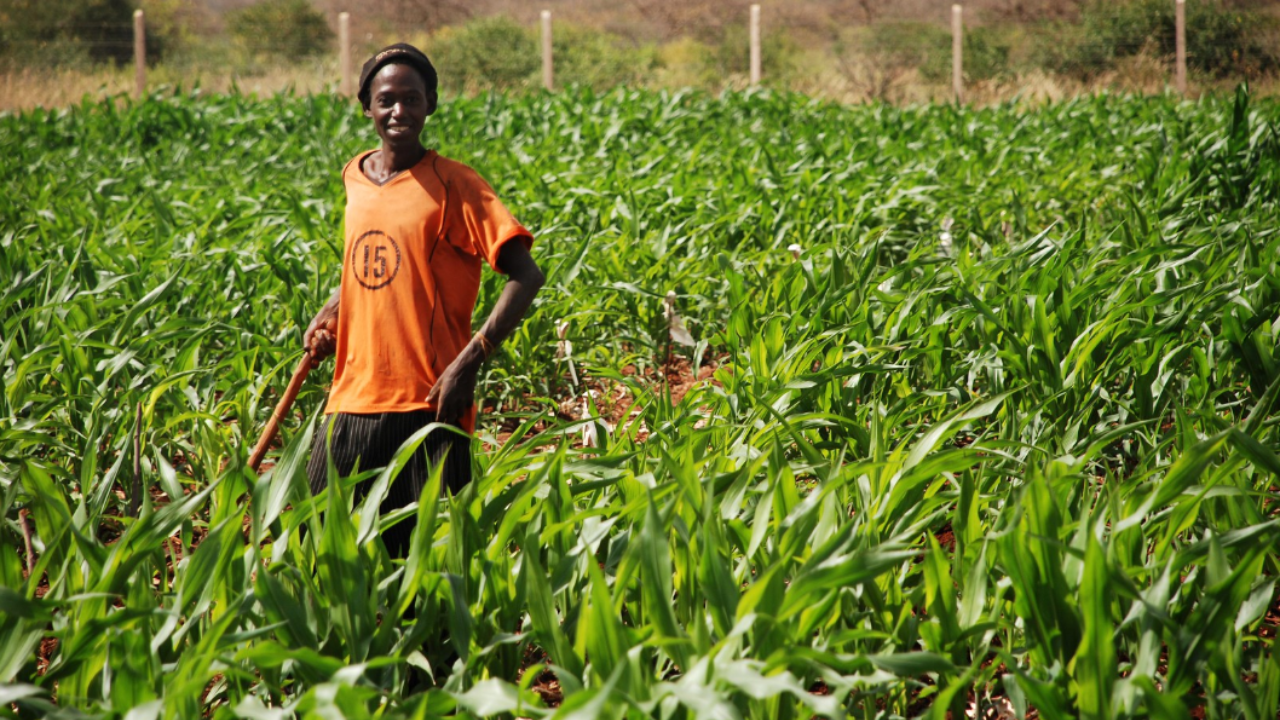Agriculture is a vital sector for the African continent, as it employs the majority of the population and is the main source of livelihood for many households. However, the sector is facing several challenges, such as a lack of access to markets, finance, and technology, which limit the potential of smallholder farmers to increase their productivity and income. One of the ways to address these challenges and ensure the sustainability of the sector is by supporting the next generation of farmers, who are eager to innovate and adopt new practices.
The Importance of Youth in Agriculture
Young people are a vital force for the development of the agricultural sector, as they bring new ideas, energy, and perspectives to the field. However, the sector is often not seen as an attractive option for young people, as it is associated with low productivity, poverty, and limited opportunities. To change this perception and attract more young people to agriculture, it is essential to provide them with access to education, training, and mentorship programs that can help them acquire the skills and knowledge they need to succeed as farmers.
Challenges Faced by Young Farmers
Despite their potential, young farmers in Africa face several challenges that limit their ability to access markets, finance, and technology. For example, they often lack the necessary collateral to secure loans, and have limited access to information and networks that can help them connect with buyers and suppliers. Additionally, young farmers may not have the same level of experience and knowledge as older farmers, which can make it difficult for them to adopt new practices and technologies.
Ways to Support Young Farmers
To support the next generation of African smallholder farmers, various initiatives have been put in place to provide them with the tools and resources they need to succeed. Some examples include:
Agricultural education and training programs: These programs provide young farmers with the knowledge and skills they need to improve their productivity and income. They can include technical training in areas such as crop and animal production, as well as business training in areas such as marketing and financial management.
Access to finance: Young farmers often lack the necessary collateral to secure loans, and so, many initiatives have been put in place to provide them with access to alternative forms of finance, such as microfinance and crowdfunding.
Access to markets: One of the main challenges faced by smallholder farmers is the lack of access to markets, which limits their ability to sell their products at a fair price. To address this issue, various initiatives have been put in place to connect young farmers with buyers and suppliers, such as through e-commerce platforms and agribusiness incubators.
Access to technology: Technology can play a crucial role in improving the productivity and income of smallholder farmers. However, many young farmers lack access to the latest technologies and innovations. To address this issue, various initiatives have been put in place to provide young farmers with access to technology, such as through mobile apps and digital extension services.
Conclusion:
Supporting the next generation of African smallholder farmers is crucial for the development and sustainability of the agricultural sector. By providing young farmers with access to education, training, finance, markets, and technology, we can help them overcome the challenges they face and unleash their full potential as innovative and productive farmers. With the right tools and resources, young farmers can not only improve their own livelihoods but also contribute to the overall development and prosperity of the continent.
